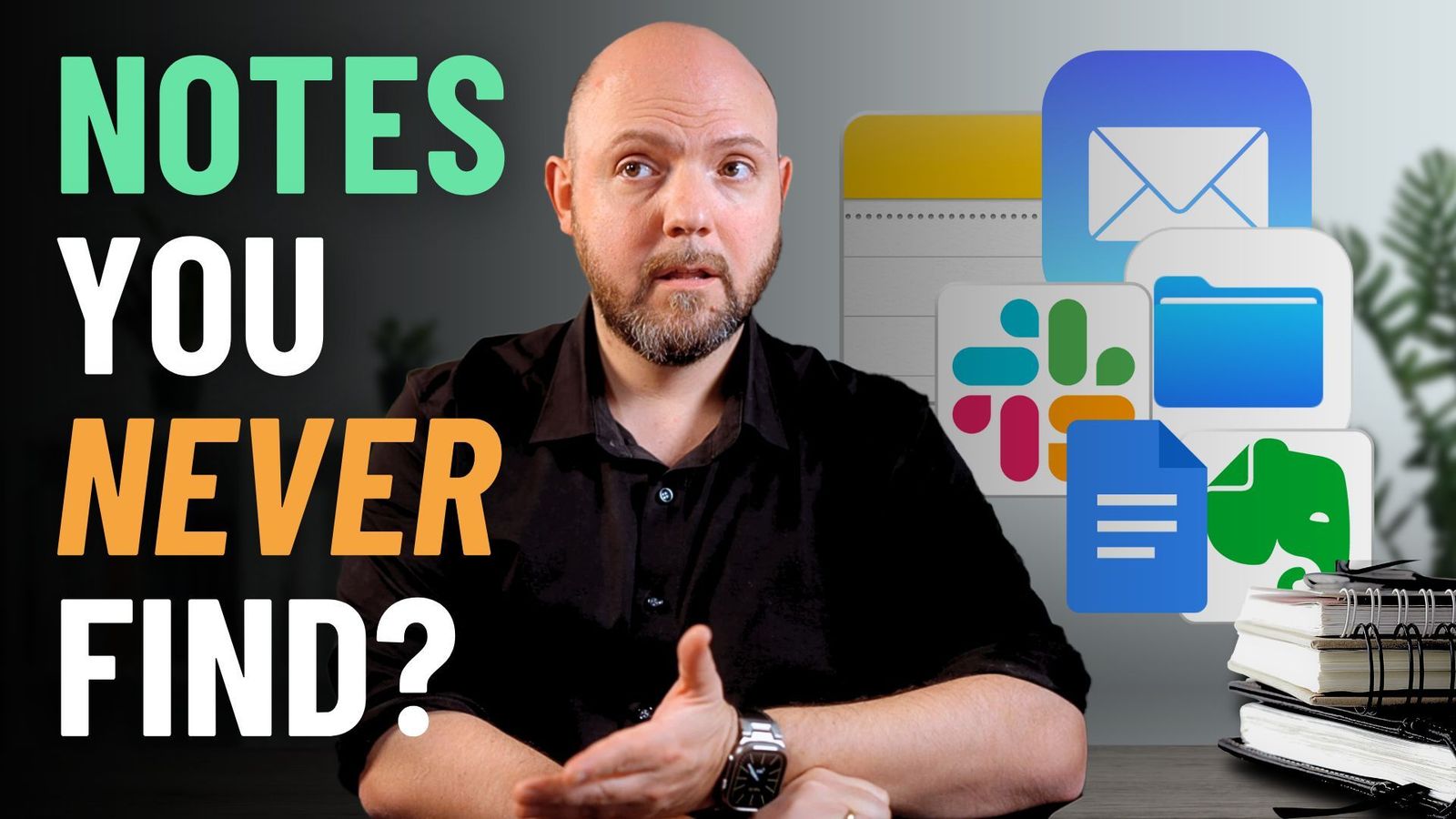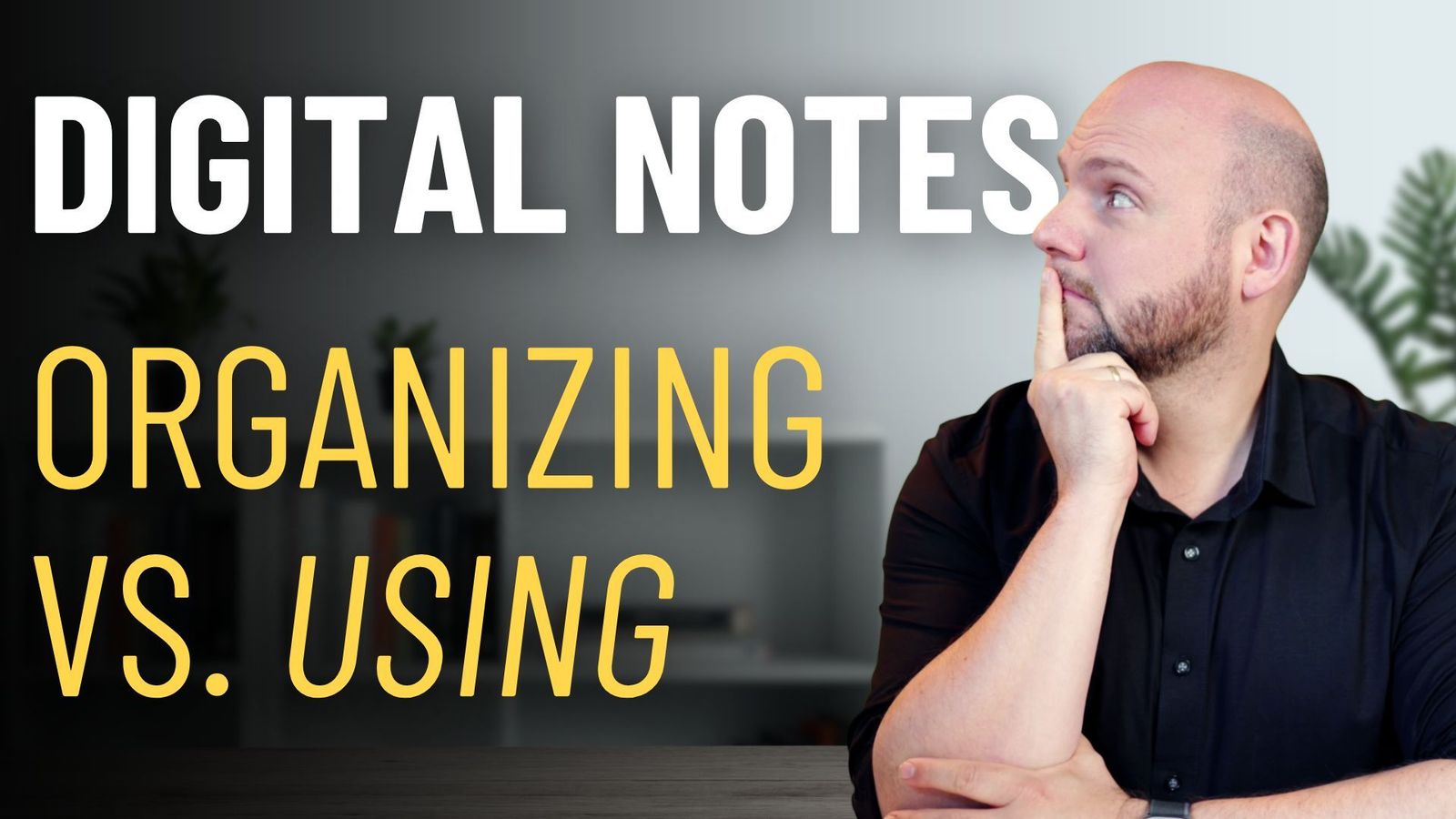Are you constantly tweaking your productivity system, hoping the next tool or automation will finally make everything click? It’s time to face a critical truth: no automation tool can fix a poorly designed productivity system. Instead of chasing the next shiny object, let’s explore how the Refine stage of the ICOR® methodology can help you build a sustainable and adaptable productivity system.
The Power of Continuous Refinement
Many Busy Professionals fall into the trap of seeking the “perfect” productivity system. The problem? Perfection doesn’t exist. Instead, focus on refining what you already have. Continuous refinement allows your system to grow and evolve alongside your needs.
As Simon Sinek puts it:
“Working hard for something we don’t care about is called stress; working hard for something we love is called passion.”
The Refine stage emphasizes incremental adjustments over time rather than complete overhauls. This approach saves time, prevents burnout, and maximizes the potential of the tools and methods you already use. By optimizing what works and tweaking what doesn’t, you can create a system that thrives on efficiency and adaptability.
Why Refinement Beats Automation Every Time
Automation often promises to simplify our lives but can end up complicating them instead. Without a solid foundation, automation merely magnifies inefficiencies. The Refine stage ensures your productivity system serves you, not the other way around.
Regular refinement aligns your processes with your current goals and workload. It ensures flexibility, which is critical for adapting to change. Many times, manual processes are faster and more effective in a well-refined system, making unnecessary automations obsolete. Refinement keeps your workflows fluid and focused on results, not rigidity.
How to Start Refining Your Productivity System Today
The ICOR® methodology breaks the Refine stage into two essential steps: Optimize and Automate.
Optimize
Start by improving the functionality of your existing system:
- Eliminate redundancies: Remove unnecessary steps that don’t add value. If it doesn’t serve a clear purpose, it’s time to let it go.
- Streamline processes: Simplify workflows for a natural progression from one task to the next, reducing wasted effort.
- Enhance efficiency: Focus on making your system faster and easier to use. If something feels overly complicated, simplify it.
Automate
Only after optimizing should you consider automation. And even then, think beyond just software. Effective automation is about creating workflows that run smoothly, whether tech-driven or manual.
- Sequentiality: Structure workflows so they follow a logical sequence, eliminating the chaos of multitasking.
- Repetition: Establish repeatable processes to reduce manual effort, whether through tech tools or consistent routines.
Takeaways
Stop chasing the latest automation tools and shift your focus to refinement. By continuously evaluating and optimizing your productivity system, you’ll achieve more with less frustration. Here’s how to get started:
- Make regular, incremental improvements to your system.
- Optimize before automating—eliminate redundancies, streamline processes, and enhance efficiency.
- Use sequential workflows and repeatable steps to reduce effort and improve consistency.
The Refine stage of ICOR® empowers you to create a sustainable, high-performance productivity system that evolves with you. Ready to take your productivity to the next level? Join the Paperless Movement® Membership to access comprehensive resources and tools for mastering productivity, including courses on Note-Taking, PKM, Task Management, and Project Management.



